Safety isn't a feeling. It's a system.
A better model of care, education, and leadership starts here.
Choose the path that's right for you
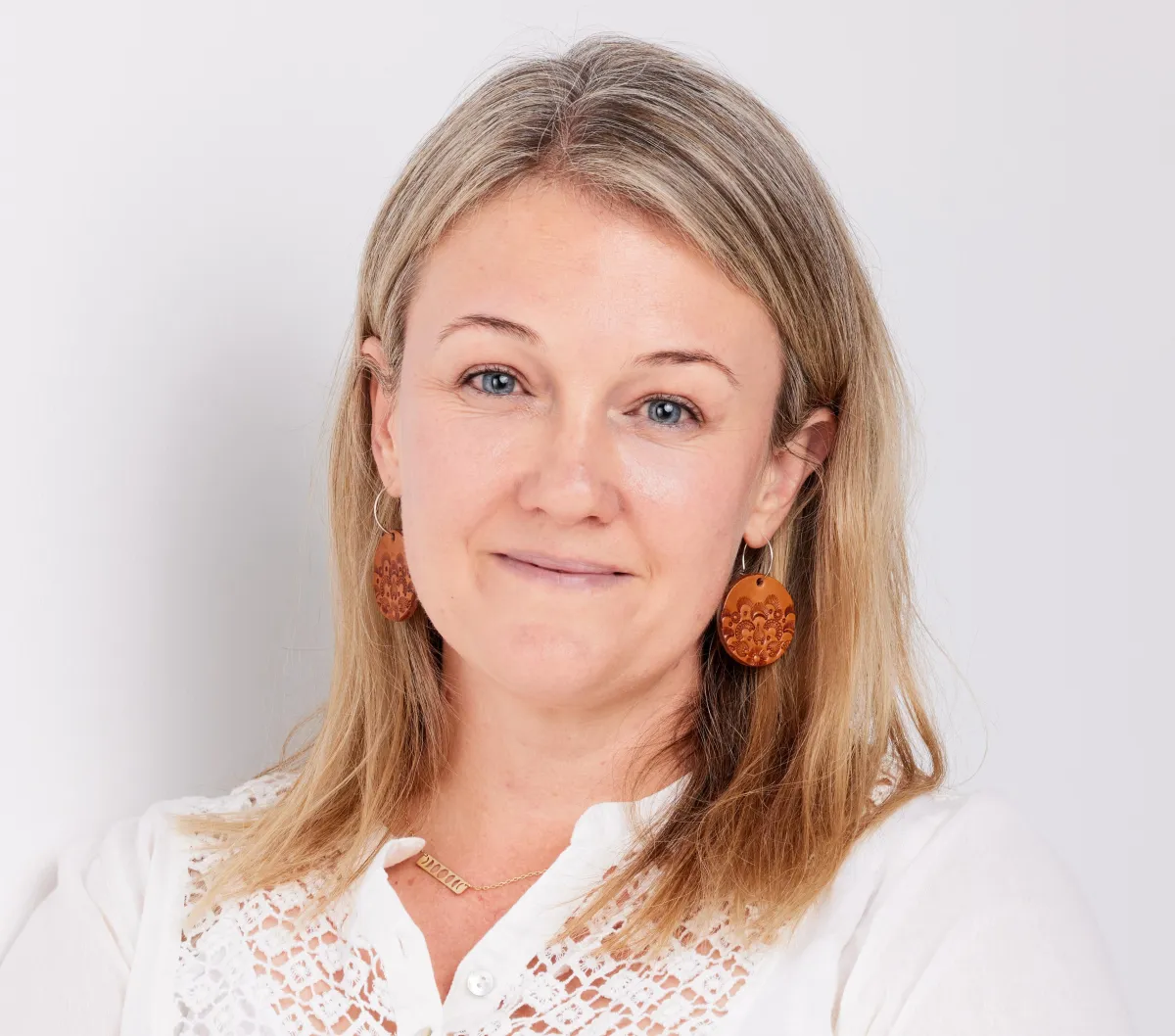
Welcome to The Safe House
My name is Valli Jones. I’m an autistic clinical psychologist and creator of The Safe House Framework®.
I have one mission: to reduce the mental health challenges faced by autistic young people — not by “fixing” them, but by addressing the conditions that create harm.
That starts with us, the adults in their lives.
Parents. Educators. Therapists. School leaders.
I’ve created a set of layered, human-centered programs designed to help you truly understand what it means to be autistic, and to support autistic children with clarity, compassion, and evidence-informed care.
Because when we build shared language, shared insight, and shared responsibility, we create something powerful:
A community where every autistic child feels safe, seen, and celebrated.
Because they were never the problem.
The system was.
And together, we're building something better.
GET THE QUICK GUIDE
7 Steps to Establish Psychological Safety for Autistic Young People
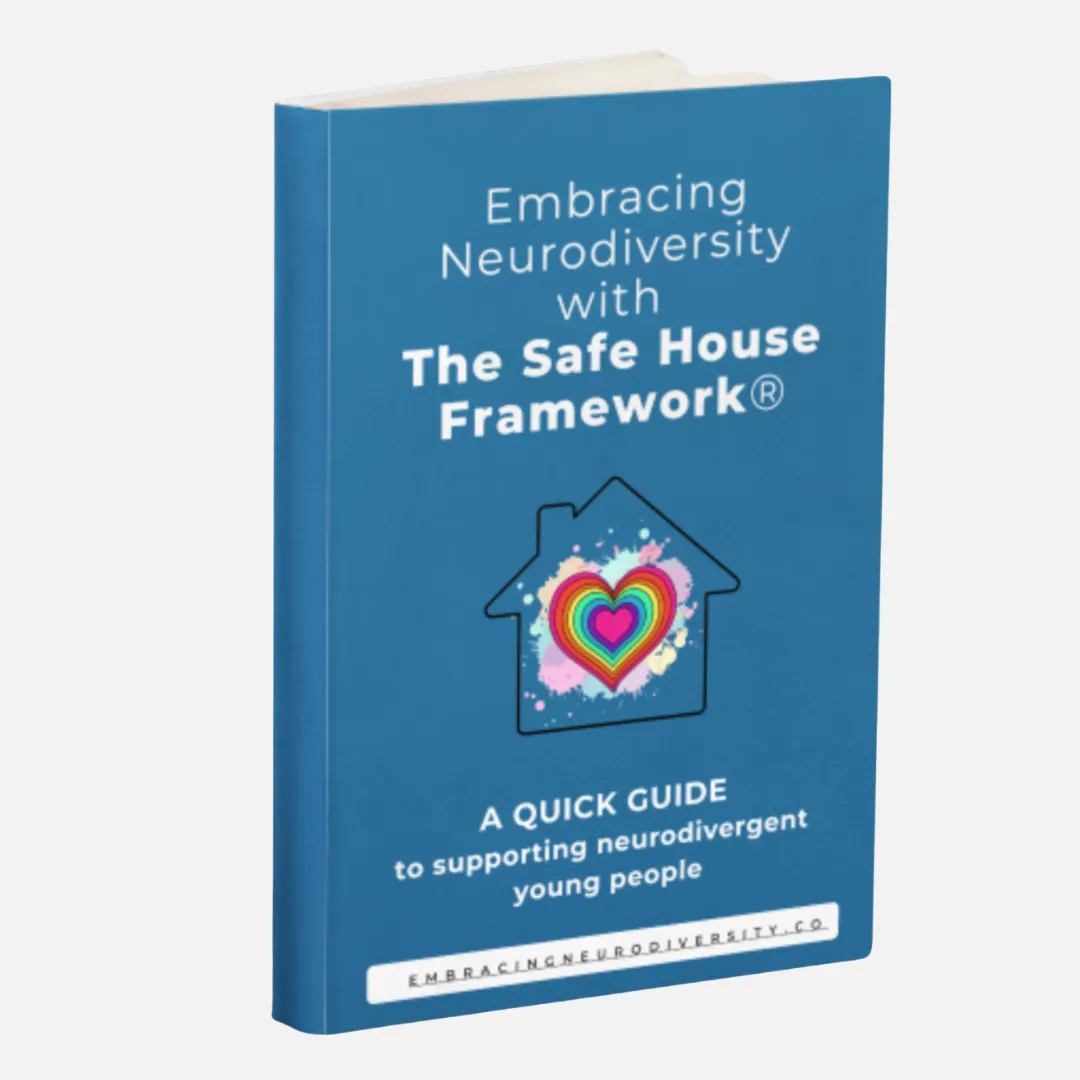
"Great resource - thank you!"
--psychologist
One framework, four pathways
Choose the path that's right for you
The problem
In Australia today, around 1 in 25 young people is identified as autistic.
Within this statistic lies a sobering truth: the majority of autistic young people live with chronic anxiety that impacts every part of their lives.
Many also experience burnout, depression, and a deep sense of isolation.
School — the place that should nurture growth and belonging — often becomes a source of stress. Too many autistic students are struggling to learn, connect with peers, or even attend at all.
Families are left feeling overwhelmed, exhausted, and desperate for guidance.
Educators and schools are stretched thin, unsure how to meet the complex needs of neurodivergent students in a system not designed for them.

The way forward
It’s clear: as a society, we can’t keep doing things the way we always have.
For decades, the autistic community has been calling for change — for a shift in how autism is understood and supported.
What’s needed now is more than awareness.
What's needed is a move toward a healthcare system, an education system, and a society that are not just informed, but truly kinder, inclusive, and affirming.

WATCH
Shifting the paradigm around autism in education
"Absolutely amazing."
-- Director, Educational Leadership
Neurodiversity affirming supports
Through the lens of the neurodiversity paradigm, autism is seen as a difference, not a disorder.
Here, the challenge isn’t the child. It’s the mismatch between the child and their environment.
Neurodiversity-affirming supports focus on removing barriers and responding to each child’s needs with sensitivity and care, so they can grow in safety, confidence, and belonging.

How do we deliver them?
The Safe House Framework® is a clear, systematic approach to collaboration.
It begins with the adults.
Parents, educators, therapists, and school leaders must first be equipped with the knowledge and insight to truly understand the autistic experience.
From there, the work is collective: coming together to identify and dismantle the barriers autistic young people face every day, so they can learn, connect, and thrive in environments that feel safe.
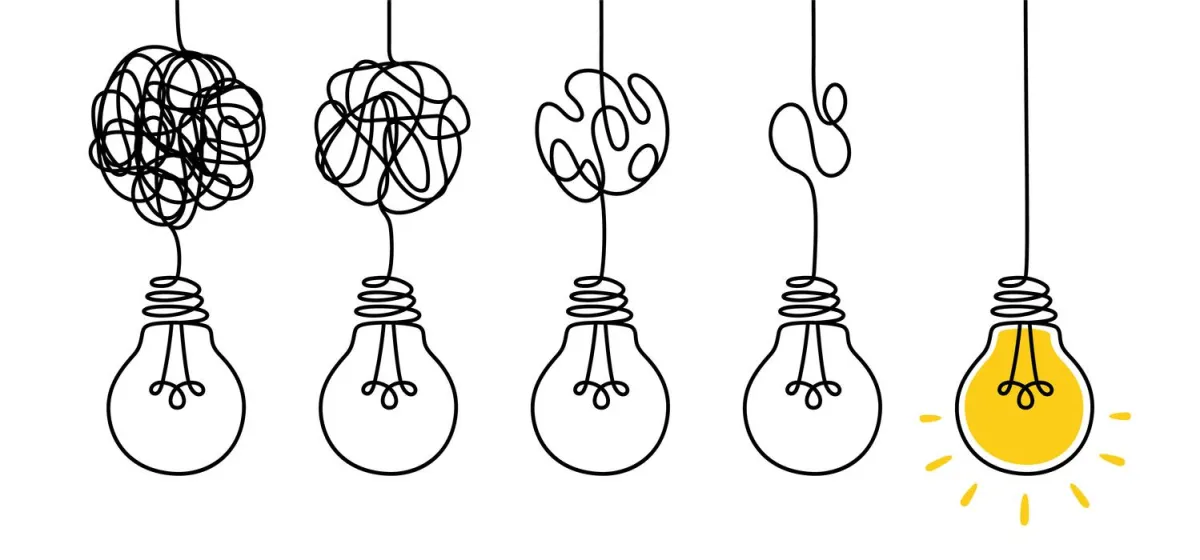
What is The Safe House Framework®?
A framework for social justice
The neurodiversity movement is a human rights movement.
The neurodiversity affirming approach is a set of principles and practices that centre and uphold the rights of neurodivergent humans.
The Safe House Framework is a methodology that guides the implementation of neurodiversity affirming principles and practices.
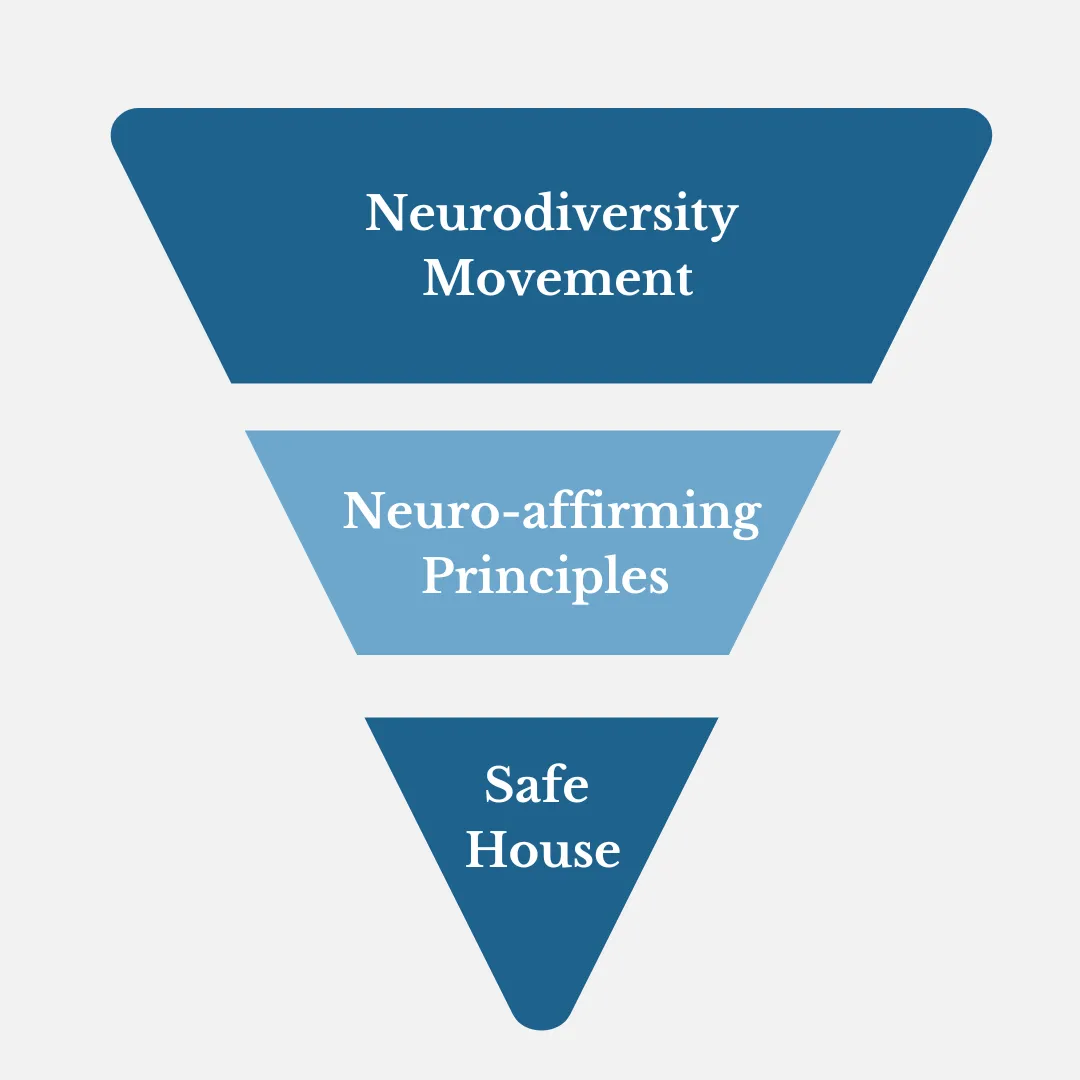
A framework for collaboration
We have a systemic problem, and the only way we'll fix it is by working together.
The Safe House Framework® is designed to facilitate meaningful, impactful collaboration between all the members of a child's team.
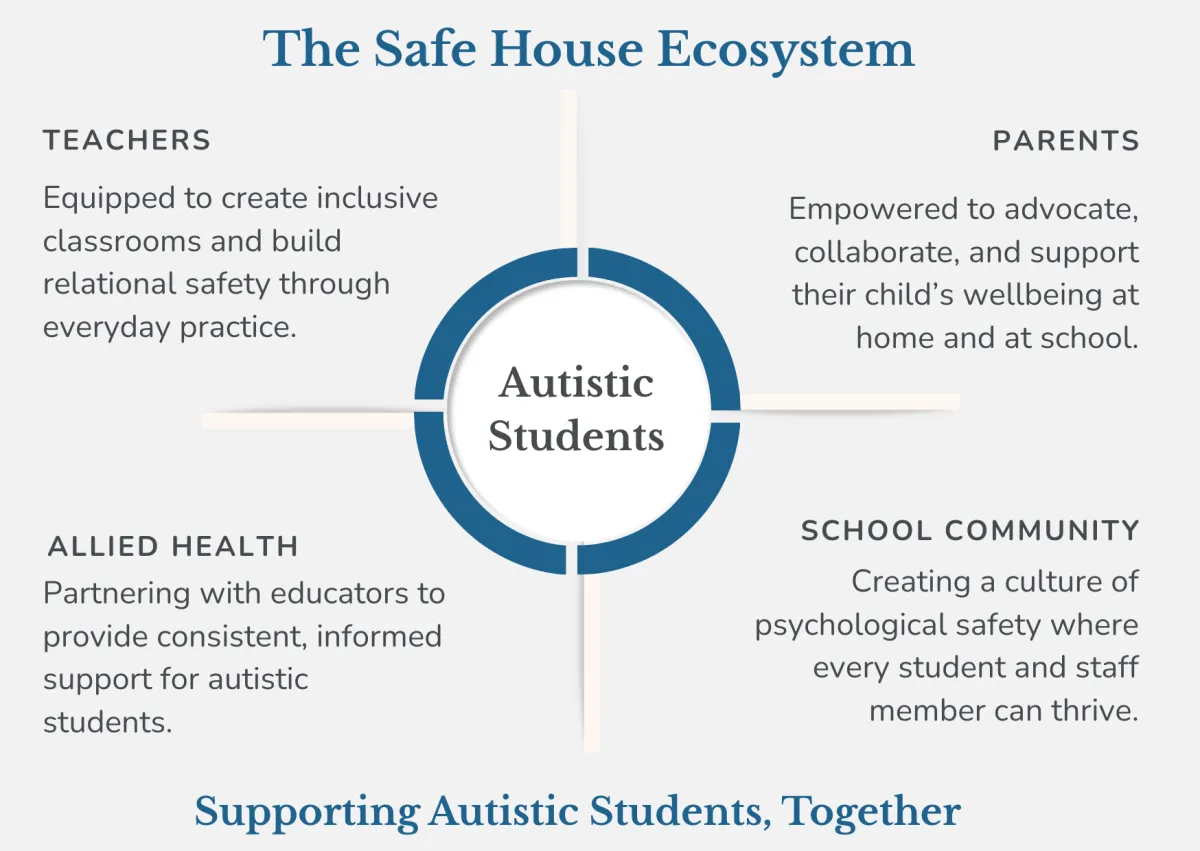
There are four programs.
Parents
Health Professionals
Educators
School Leadership
How will The Safe House Framework® program help me?
It will give you a deep and nuanced understanding of autism through the lens of the neurodiversity paradigm,
and a step by step guide to the affirming approach to supporting autistic children and young people.
By the end of the program you will be equipped with the mindset, knowledge, skills, and tools to change the trajectory for the autistic young people in your life.
Choose the path that's right for you
Here's why I believe safety is the essence of neurodiversity affirming care
Follow Us
INDIVIDUALS
SCHOOLS
© Embracing Neurodiversity 2025. All rights reserved.
Facebook
Instagram
LinkedIn
Youtube